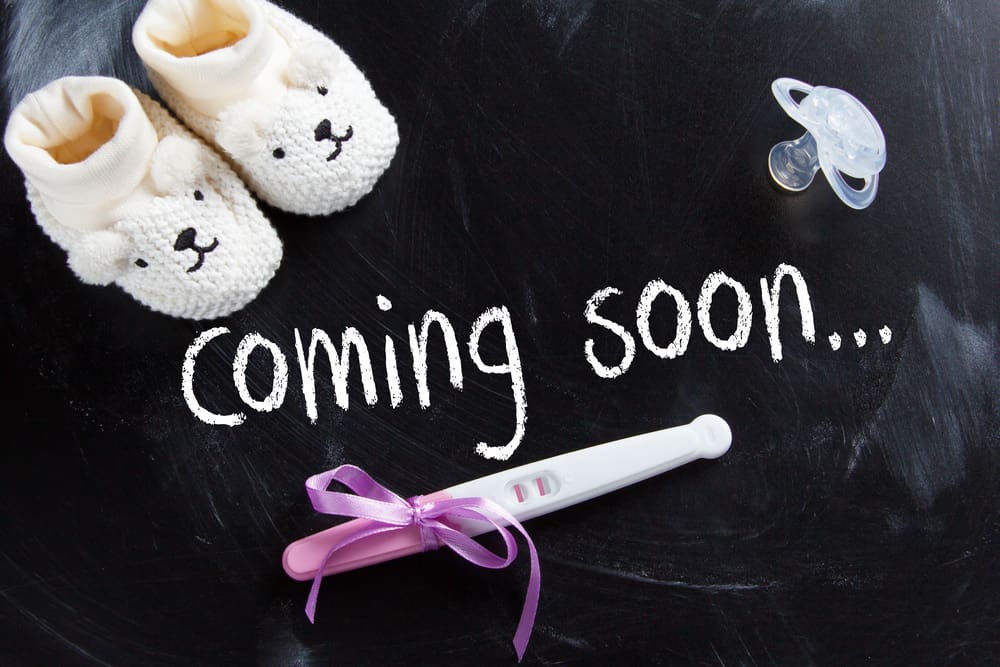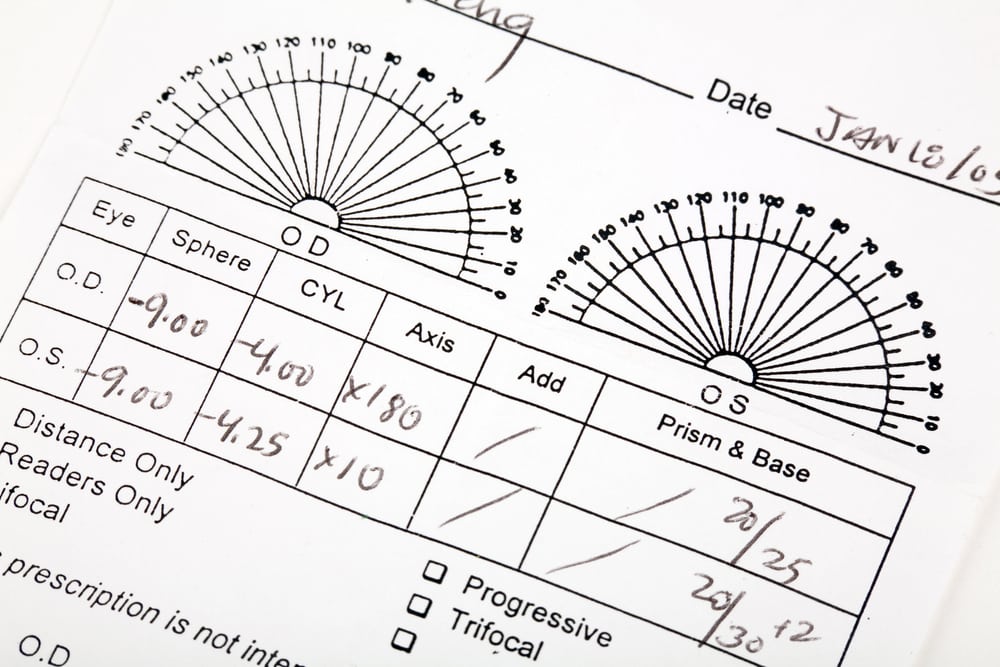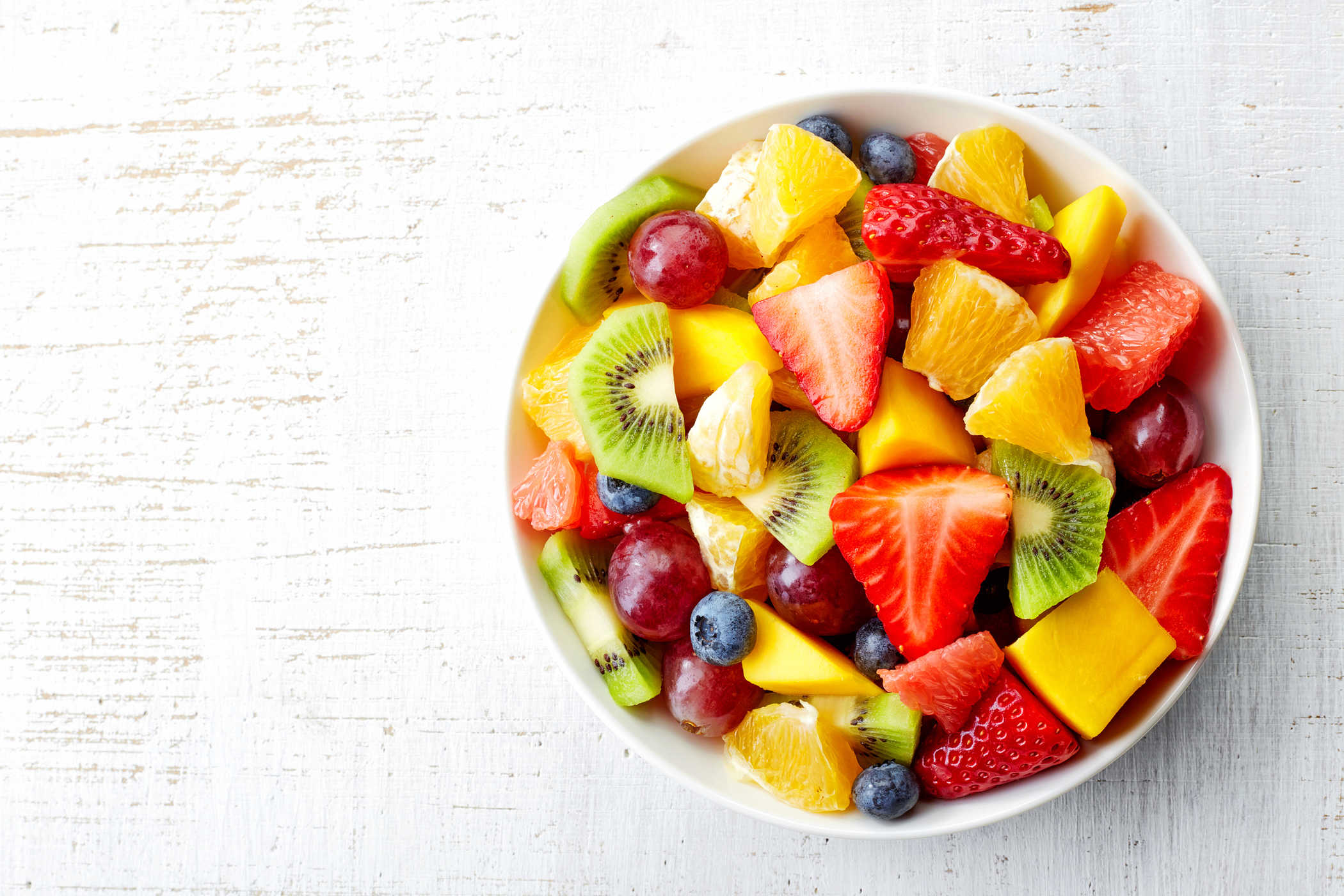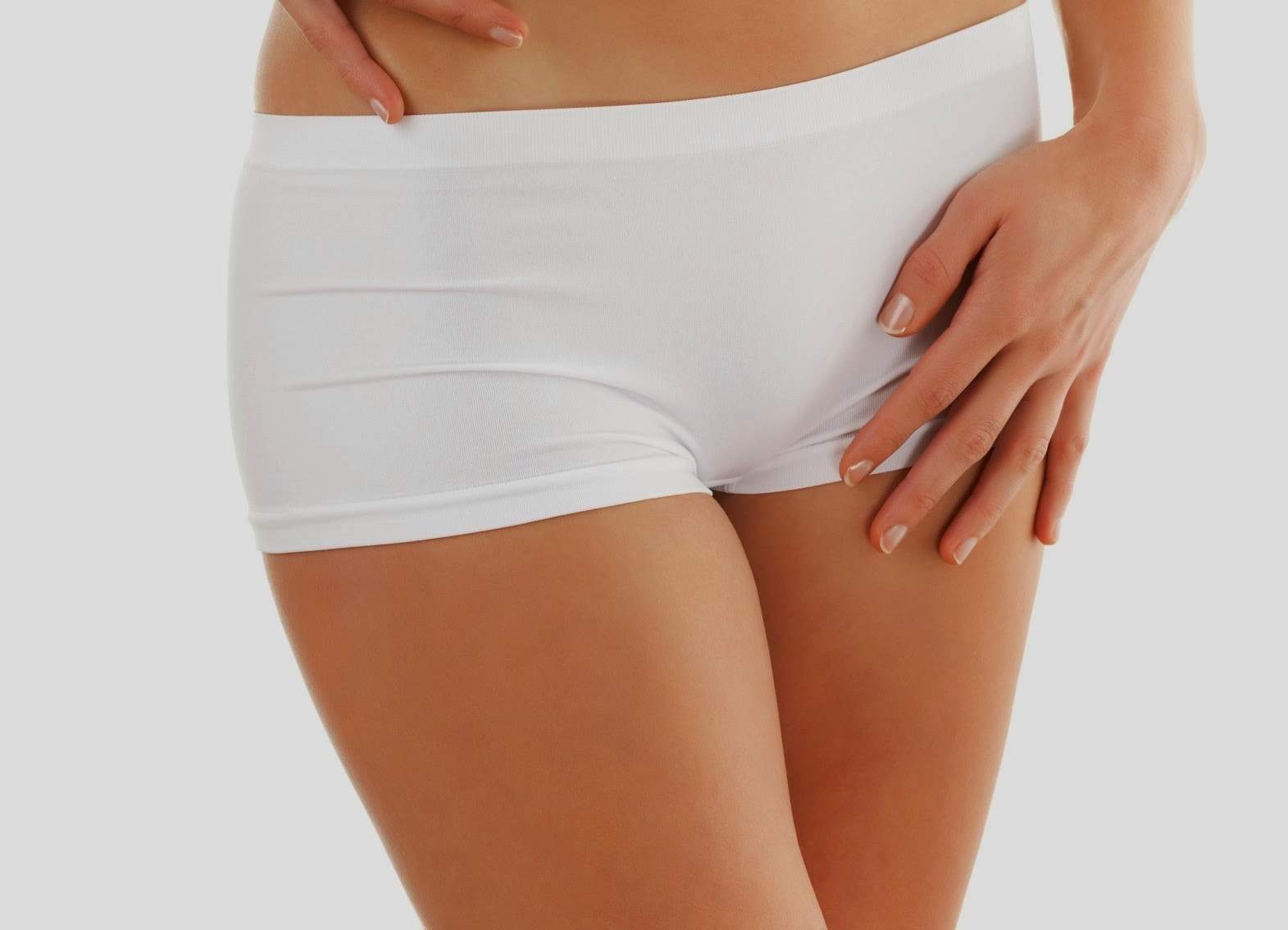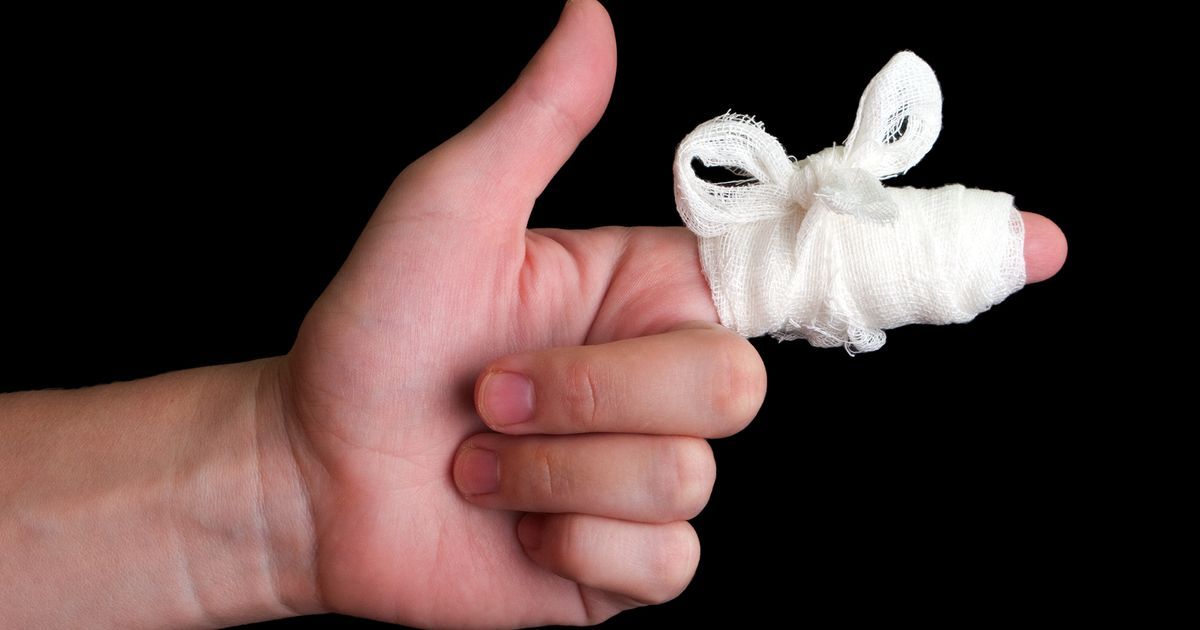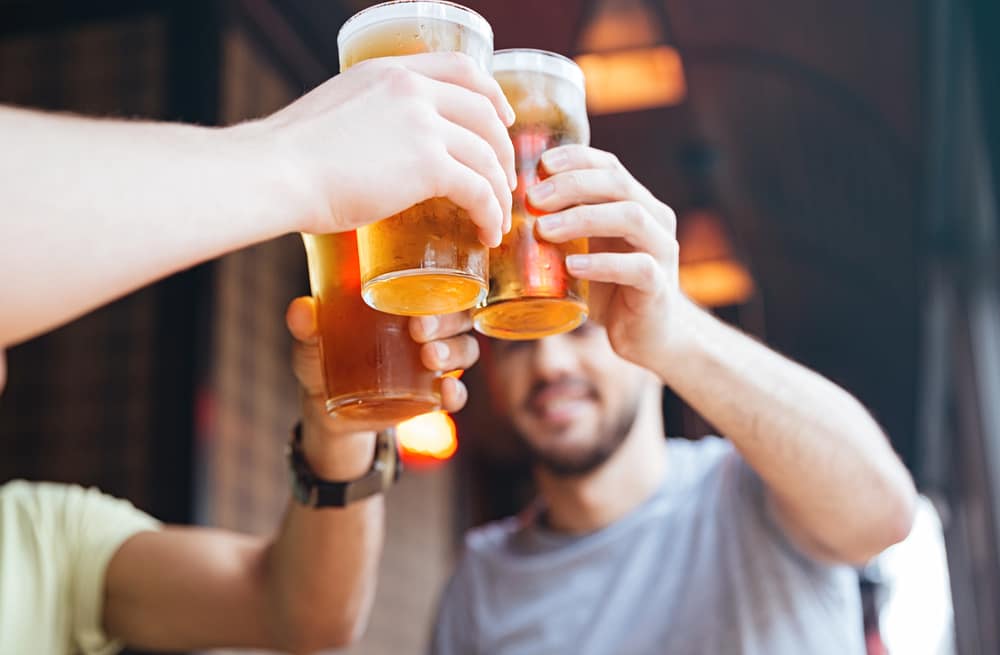Contents:
- Medical Video: Pre-Pregnancy Exercises - FemFusion Fitness
- Preparing physically for future mothers to get pregnant quickly
- 1. Maintain weight
- 2. Maintain nutritional intake
- 3. Limit consumption of caffeine and alcohol
- 4. Start regular exercise
- 5. Stop smoking
- Want to get pregnant fast? Change your lifestyle from now on
Medical Video: Pre-Pregnancy Exercises - FemFusion Fitness
When you are trying to get pregnant, there are many determinants of success that you cannot control, starting from the time of ovulation, the level of fertility, to age. However, don't get too discouraged. There are many roads to Rome, he said. Similarly, the road to a successful pregnancy. You can still get pregnant quickly by taking a number of important physical preparations before you start trying to get pregnant. Read on to find out more.
Preparing physically for future mothers to get pregnant quickly
At least three weeks before you try to get pregnant, do the following tips to prepare your body before pregnancy. If you are trying to get pregnant, keeping your body as healthy as possible will help the process. In addition to helping increase fertility, a healthy body will be a good place for your fetus to develop.
1. Maintain weight
Having a normal body mass index is not only important for your body's health, but it is also the key to getting pregnant quickly. Lack or being overweight can increase your risk of experiencing fertility problems.
Body mass index less than 18.5 is in the "very thin" range. At the opposite end, the body mass index range above 30 points is classified as obese. Both usually cause irregular menstrual cycles and difficult ovulation.
If you experience excessive weight or less when trying to get pregnant, it's a good idea to consult with your doctor first.
2. Maintain nutritional intake
Maintaining weight is important, but you also have to pay attention to the nutrients that enter your body. A balanced diet consisting of fruits, vegetables, proteins, grains, and dairy products will improve the function of your reproductive system. The American Pregnancy Association also recommends consuming the following nutrients if you want to get pregnant fast:
- Folic acid: Women of childbearing age should consume 400mcg of folic acid per day. This vitamin can be obtained from dark green vegetables, oranges, peas, and fortified cereals and bread. You can also take supplements containing folic acid.
- Calcium: Women of reproductive age are encouraged to consume at least 1000 mg of calcium per day which can be obtained from low-fat milk, yogurt, dark green vegetables, and tofu.
- Prenatal Vitamins: You can try various prenatal vitamin products to find out which one works best for you. Some prenatal vitamins usually contain DHA that is needed for your fetus later. If not, you may need to add intake from other supplement products. Your doctor can also prescribe vitamins that suit your needs.
3. Limit consumption of caffeine and alcohol
While trying to get pregnant, it's a good idea to minimize your caffeine intake. No more than 200-300 mg of caffeine per day. Although there is no clear connection between caffeine consumption and fertility, some studies show that caffeine consumption can cause fertility problems or even miscarriages.
Alcohol consumption must also be limited. Many large studies link alcohol drinking habits with fertility levels. Drinking alcohol less than five times per week may not have a harmful effect, but heavy drinkers must be careful because these habits may interfere with fertility and disrupt the development of the baby.
If you consume several cups of coffee per day or drink alcohol several times a week, you should consider reducing the habit little by little before becoming pregnant. By reducing it slowly, you may experience a reaction from caffeine and alcohol breakdown when the pregnancy gets smaller. If you are still unsure of how much coffee or alcohol is allowed for you, you can consult a doctor.
4. Start regular exercise
Sports will not only help your body stay fit during pregnancy and help with the delivery process, but also make your trip easier for a successful pregnancy. A study shows that exercising at moderate intensity (such as walking or relaxing cycling) will help speed up the conception period. But on the other hand, the study also shows that heavy exercise such as running, cycling, and intense swimming can reduce the possibility of conception by 42%.
Further research is indeed needed to find out the relationship between strenuous exercise and fertility rates. If you try to get pregnant, and it doesn't work after a few months, your doctor may advise you to reduce the intensity of your exercise. If you don't exercise regularly, try starting with 30 minutes of aerobic exercise every day, plus two to three days of training your muscles in a week.
5. Stop smoking
American Society of Reproductive Medicine states that women who smoke are more difficult to conceive than women who don't smoke. The risk of infertility increases with the increase in the number of cigarettes a person consumes every day. If you want to try to get pregnant, it's a good idea to stop smoking to improve your fertility. The faster you stop, the better for your body condition.
Want to get pregnant fast? Change your lifestyle from now on
Getting enough exercise, a healthy and balanced diet, and stopping unhealthy living habits can reduce a woman's risk of infertility or infertility. If you have further questions about how to prepare your body for pregnancy, you can ask your doctor.

